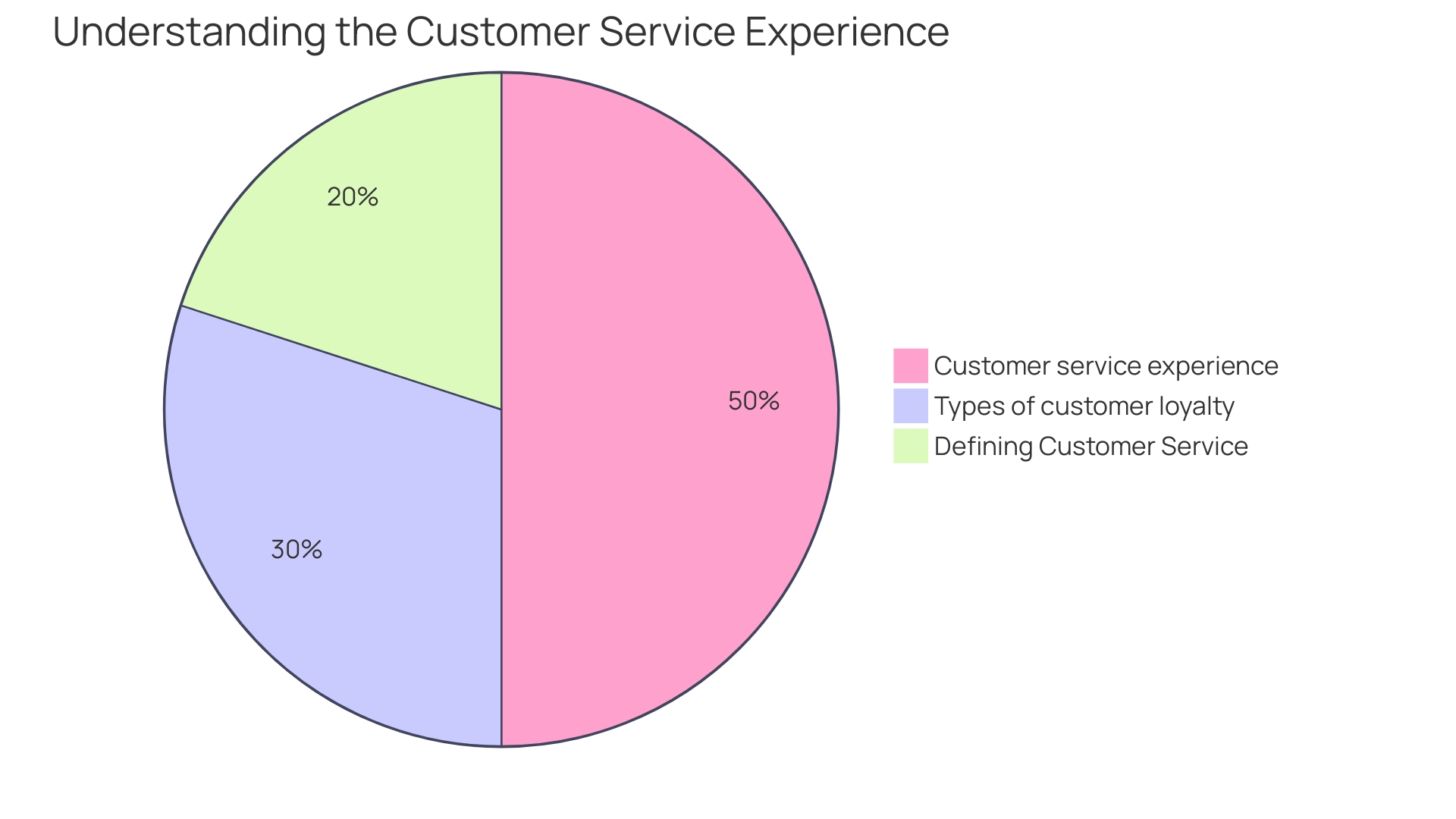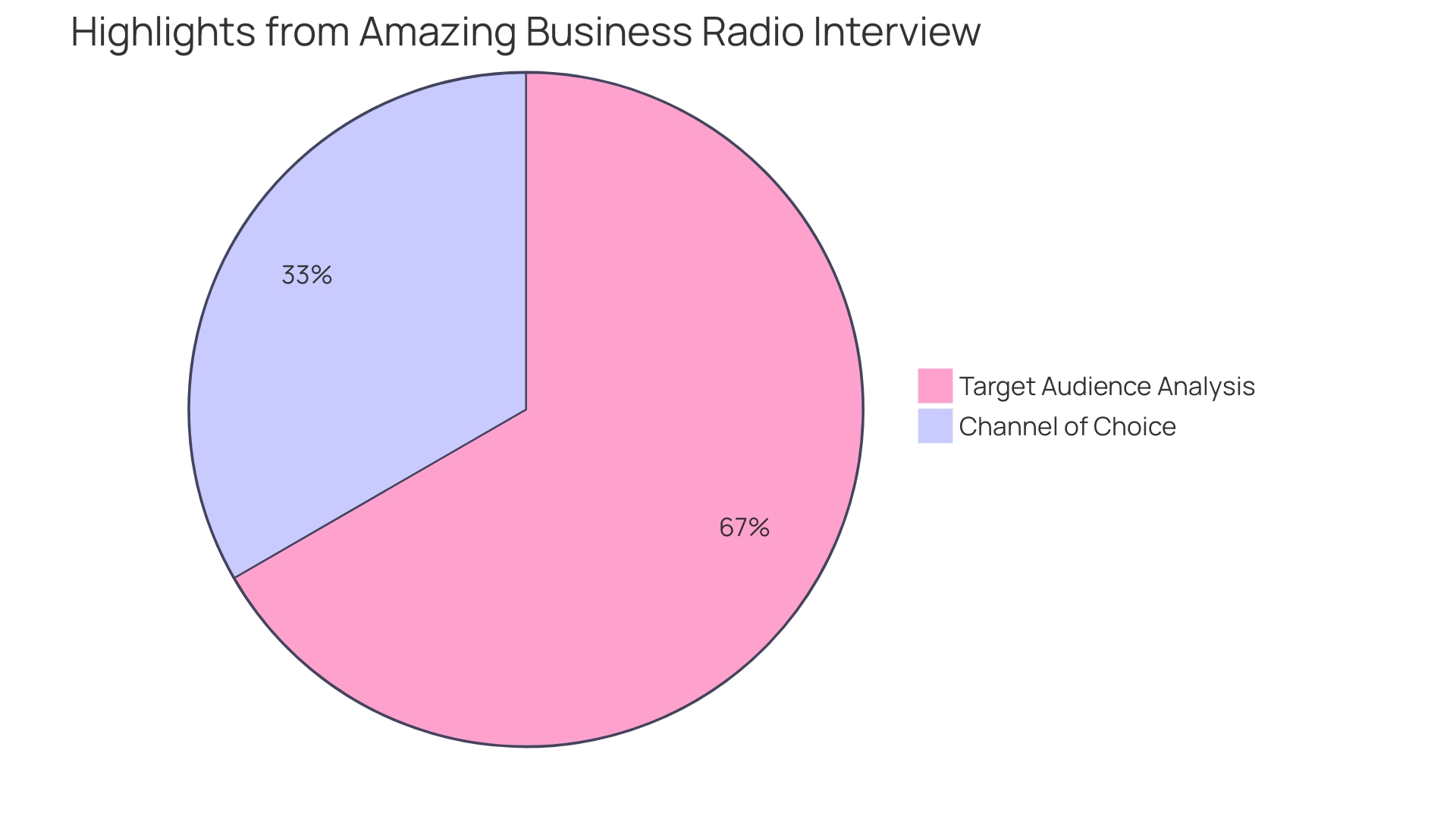Introduction
Customization and personalization are two strategies that, while related, serve different purposes in enhancing customer experiences. Personalization deploys data and user behavior to deliver automated, tailored experiences to individuals without their active input. On the other hand, customization places the power into the hands of the user, permitting them to choose and modify elements of a product or service to best fit their specific needs and desires, fostering a deeper sense of engagement.
In this article, we will explore the benefits of offering customization options and how it can lead to enhanced brand loyalty and retention. We will also discuss how customization can drive increased sales and profitability for businesses. By understanding the power of customization and its impact on customer satisfaction, businesses can create personalized experiences that resonate with their target audience.
Join us as we delve into the world of customization and discover how it can revolutionize the way businesses engage with their customers.
Customization vs. Personalization
Customization and personalization are two strategies that, while related, serve different purposes in enhancing customer experiences. Personalization deploys data and user behavior to deliver automated, tailored experiences to individuals without their active input. On the other hand, customization places the power into the hands of the user, permitting them to choose and modify elements of a product or service to best fit their specific needs and desires, fostering a deeper sense of engagement.
Consider the example of Proven Skincare, which leverages genomic science to create personalized skincare regimens. By taking into account over 20,238 skin care ingredients and analyzing feedback from over 100,000 products, Proven can tailor their offerings to each customer's unique profile through a simple quiz. This approach embodies personalization, where the company uses extensive data to predict and meet individual needs.
In contrast, customization can be seen in the approach taken by Noteworthy's fine fragrance collection. Customers start with a quiz, but the results lead to a curated Discovery Kit with several fragrance samples to try at home. The customer is then actively involved in selecting their preferred full-sized fragrance based on their experience with the samples, reflecting true customization.
As digital product designers, the importance of reducing friction in the user experience cannot be overstated. Studies by Medallia have established a direct correlation between personalization and customer satisfaction, showing that 61% of consumers are willing to spend more for customized experiences. However, the research also indicates that only a quarter of consumers feel they receive a high level of personalization, highlighting a significant gap that customization strategies can help bridge.
In the realm of digital products, the need to adapt and refine offerings based on user behavior is crucial. Paul Boag, a thought leader in digital design, emphasizes the importance of this ongoing iterative process. He observes that unlike static designs of traditional websites, digital products must evolve to maintain user satisfaction and prevent churn.
Ultimately, customization offers a participatory experience for users, creating a more interactive and invested relationship with the product or service. Whether it's selecting features, design elements, or functionalities, customization allows users to personalize their experience on their terms, leading to greater satisfaction and loyalty.
Benefits of Offering Customization Options
Customization in business offerings is no longer a luxury; it's a strategic necessity. By tailoring products or services to individual customer needs and preferences, companies can foster a more satisfying and memorable experience. This approach not only enhances the customer experience but also leads to increased loyalty and higher conversion rates. A prime example of this strategy in action is a small business that starts the customer journey with a personality quiz, guiding them to a scent that aligns with their preferences, and even providing a formula card for easy reordering. Such personalized attention ensures that customers feel valued and connected to the brand.
The demand for personalization is evident in various industries. In the fashion sector, customization can extend the life of garments, thus contributing to a more sustainable industry model. When products are designed to cater to individual tastes, they become more than just items; they become personal statements that consumers are likely to cherish and keep for longer.
The integration of advanced technologies such as Artificial Intelligence (AI) and machine learning has made it feasible for brands to understand and engage with their consumers on a deeper level. This has been leveraged by giants like Nike and L'Oreal, who offer their customers the opportunity to co-create products, leading to a heightened sense of ownership and loyalty. Although smaller brands may face challenges with resource limitations, the advent of open-source software and accessible data is leveling the playing field, allowing them to provide bespoke experiences as well.
Moreover, recent research by Medallia, Inc. underscores the link between personalization and customer satisfaction. The study reveals that a significant portion of consumers are willing to spend more when brands offer a customized experience. However, there is a gap between customer expectations and the level of personalization currently offered by many businesses. Those who excel in delivering highly personalized experiences see correlatively higher satisfaction ratings among their customers.
In essence, customization is an investment in customer relationships. It necessitates a deep understanding of customer behavior, preferences, and needs. By leveraging data and fostering personal interactions, businesses can create distinctive value that not only sets them apart from competitors but also paves the way for sustainable growth.

Enhanced Brand Loyalty and Retention
Product personalization has become a powerful tool for brands to foster an emotional connection with their customers. By allowing consumers to inject their preferences and personality into their purchases, brands like Nike and L'Oreal are creating unique experiences that resonate deeply with their customer base. The efficacy of this approach is underscored by a study where 2,219 adults from the US and UK expressed a strong preference for personalized engagement over generic interactions. This shift towards personalization is accelerated by AI and machine learning technologies, which analyze vast quantities of data to understand customer wants and needs more accurately, facilitating tailored experiences even for small brands with limited resources.
Customers loyal to a brand are not just repeat buyers; they are advocates who engage more and contribute to the brand's narrative. The modern loyalty program capitalizes on this by emphasizing ease, simplicity, and transparency, making it effortless for customers to participate and reap rewards. The key to enduring customer loyalty lies in recognizing and valuing their personal attitudes and behaviors, which is why brands are turning to data-driven insights to avoid one-time purchases and instead cultivate a committed customer base. In essence, the blend of consumer insights and technological innovation is paving the way for more intimate and rewarding brand-customer relationships.

Increased Sales and Profit
Customization has emerged as a cornerstone strategy for businesses aiming to enhance their market presence and profitability. The process of tailoring products to meet the individual preferences of consumers not only fosters a unique value proposition but also engenders a deeper emotional bond with customers. For instance, the case study of Bamboo's collaboration with Filson to construct a customizable forecasting model underscores the precision and efficacy of personalized strategies. The model's capability to adjust inputs such as customer lifetime value, acquisition costs, and advertising investments, and then generate accurate sales forecasts, exemplifies the power of customization in driving business growth.
Moreover, personalization transcends mere consumer satisfaction; it has a profound impact on loyalty and advocacy, as customers who perceive a brand's offerings as tailored to their needs are more inclined to make repeat purchases and recommend the brand to others. The compelling statistics from Medallia's research report further substantiate this, revealing that a mere 23% to 26% of consumers experience high levels of personalization in hotel and retail interactions. However, those who do perceive a personalized experience report significantly higher overall satisfaction.
The transformative potential of customization is further highlighted by Aydin Alptekinoglu and Dan Guide's research on mass customization in the fashion industry. They posit that mass customization can delay the disposal of fast fashion items, thereby addressing environmental concerns while catering to consumer demand for variety. These insights reveal how personalization is not just a tactic for growth but also a strategy that can lead to sustainable business practices.
In essence, the ability to offer a unique and individualized experience is a decisive factor in today's competitive markets. It is not simply about selling a product; it's about offering an experience that resonates on a personal level, creating a culture that prioritizes the customer at every touchpoint. As businesses navigate the complexities of the digital marketplace, those that can effectively implement customization strategies are poised to thrive, achieving higher sales volumes, amplified order values, and enhanced profitability.
Conclusion
Customization and personalization are two strategies that enhance customer experiences in different ways. Personalization delivers tailored experiences through data and user behavior, while customization empowers users to choose and modify elements of a product or service. Offering customization options can lead to enhanced brand loyalty, increased sales, and profitability.
By tailoring products or services to individual customer needs, companies create satisfying experiences that foster loyalty and higher conversion rates. Customization also contributes to a more sustainable industry model by extending the life of products designed to cater to individual tastes.
Advanced technologies like AI and machine learning enable brands to understand and engage with consumers on a deeper level. This has been successfully leveraged by companies like Nike and L'Oréal, who offer customers the opportunity to co-create products, leading to a heightened sense of ownership and loyalty.
In conclusion, customization is a crucial strategy for businesses to enhance customer experiences, foster brand loyalty, and drive increased sales and profitability. By offering personalized experiences, businesses can prioritize the customer at every touchpoint and thrive in today's competitive markets.





